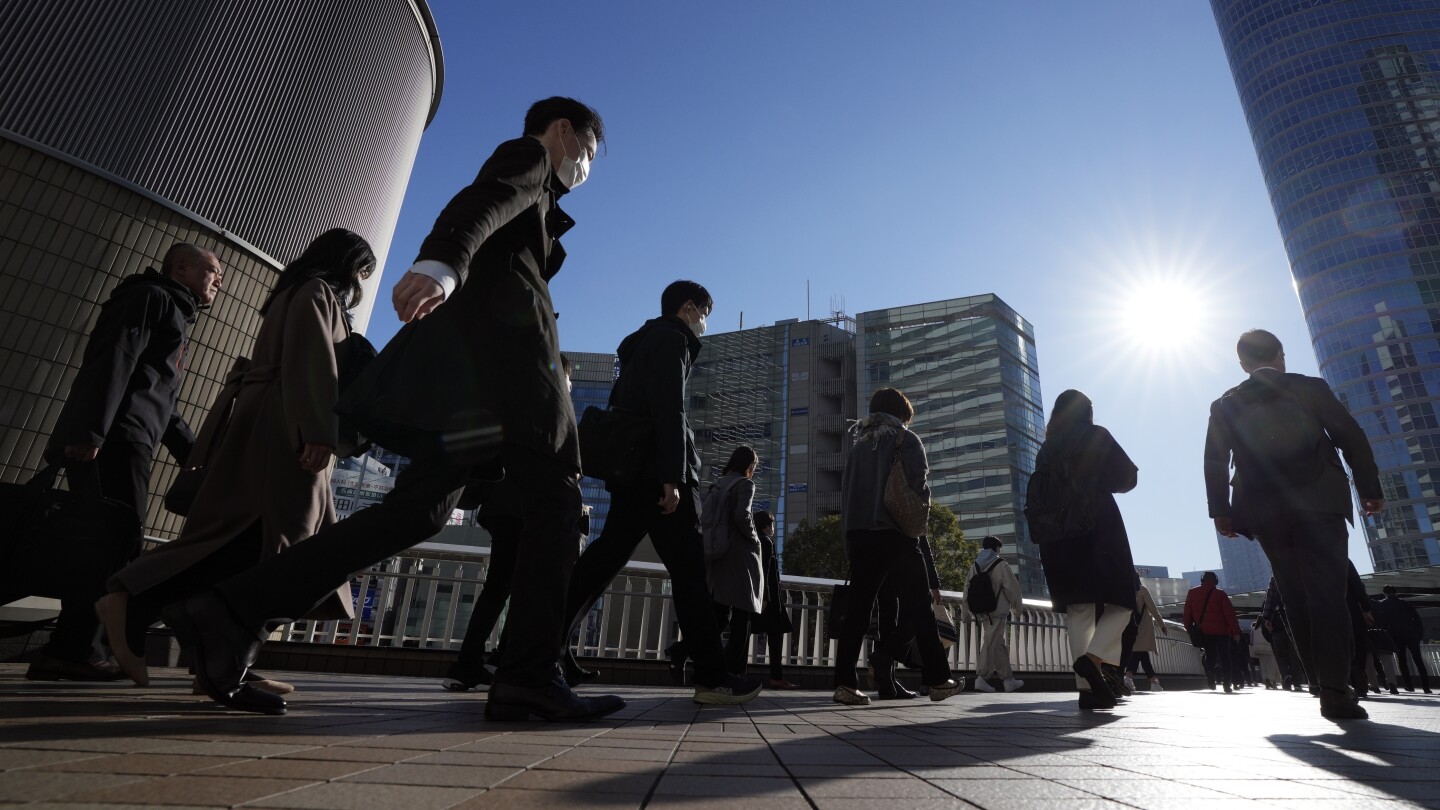- cross-posted to:
- [email protected]
- cross-posted to:
- [email protected]
Japan, a nation so hardworking its language has a term for literally working oneself to death, is trying to address a worrisome labor shortage by coaxing more people and companies to adopt four-day workweeks.
The Japanese government first expressed support for a shorter working week in 2021, after lawmakers endorsed the idea. The concept has been slow to catch on, however; about 8% of companies in Japan allow employees to take three or more days off per week, while 7% give their workers the legally mandated one day off, according to the Ministry of Health, Labor and Welfare.
Hoping to produce more takers, especially among small and medium-sized businesses, the government launched a “work style reform” campaign that promotes shorter hours and other flexible arrangements along with overtime limits and paid annual leave. The labor ministry recently started offering free consulting, grants and a growing library of success stories as further motivation.
“By realizing a society in which workers can choose from a variety of working styles based on their circumstances, we aim to create a virtuous cycle of growth and distribution and enable each and every worker to have a better outlook for the future,” states a ministry website about the “hatarakikata kaikaku” campaign, which translates to “innovating how we work.”



If I had to guess, it’s probably because the entities in charge of these changes are very old and very stuck in their ways.
So-called risks taking executives/business people when they could take a risk to benefit their employees without hurting their bottom line (and possibly even increasing it):
That’ll be us when we’re old, in-charge and stuck in our 2020 ways